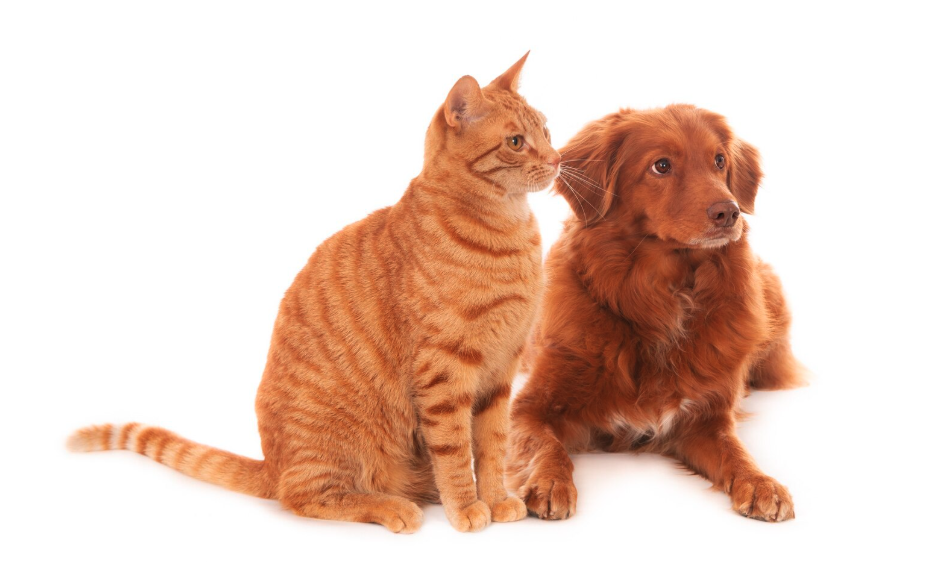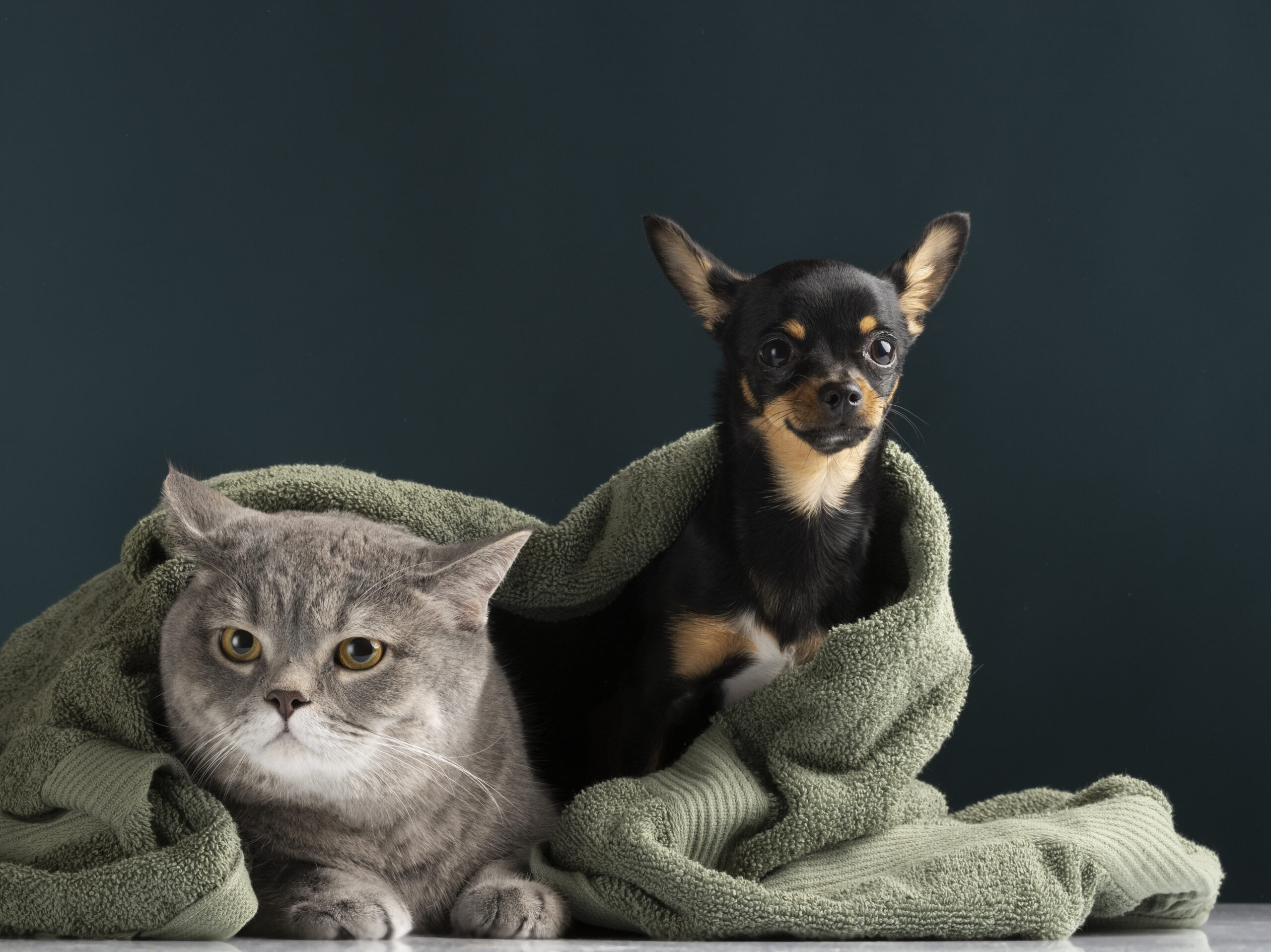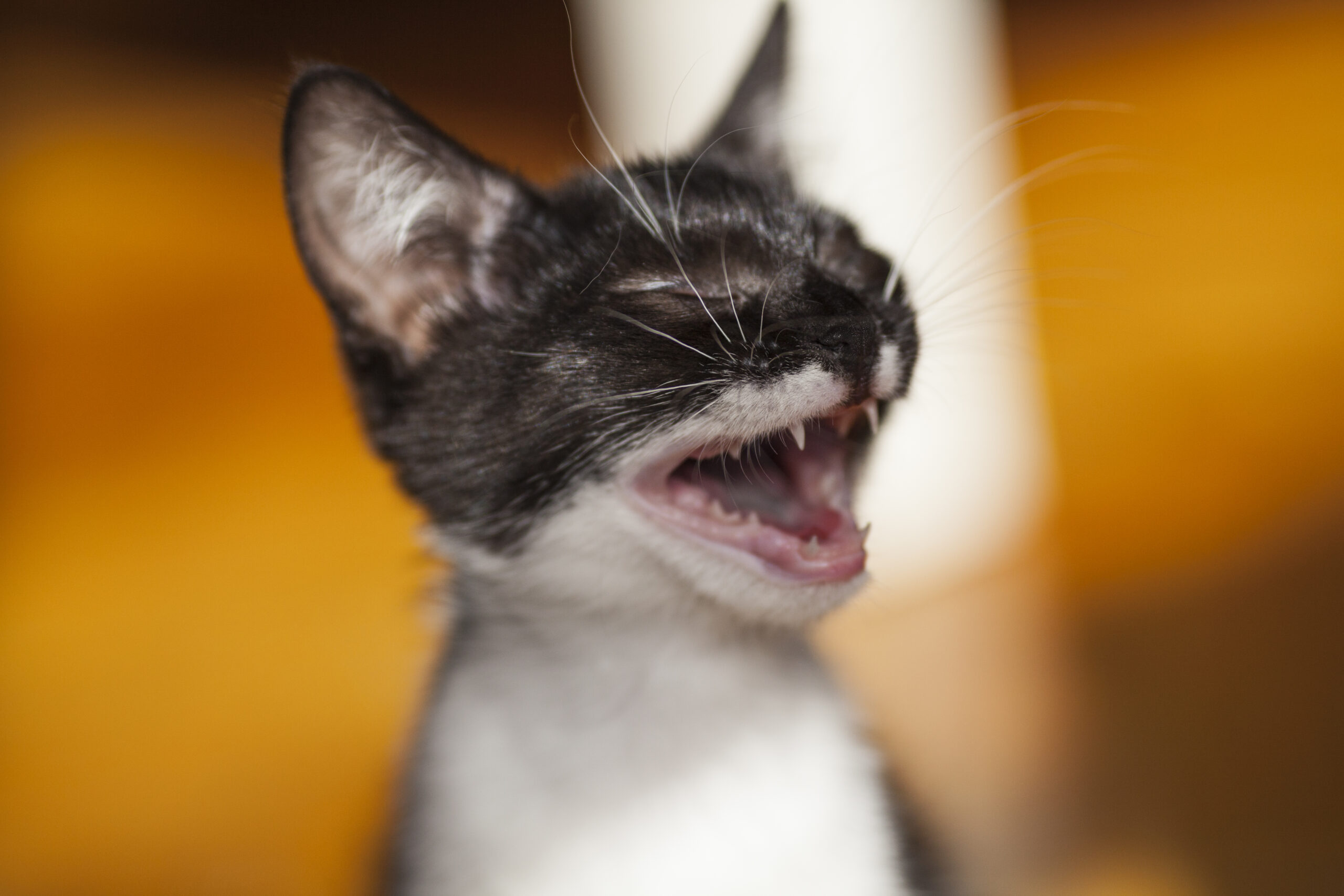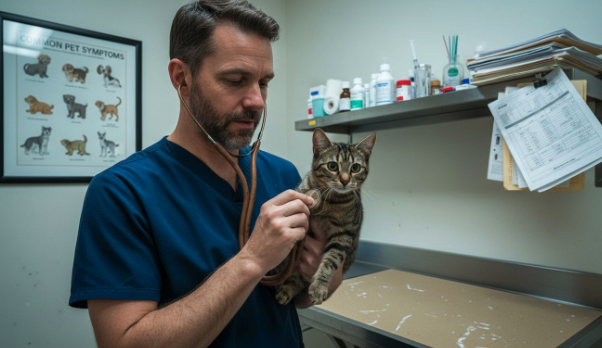Thanks to better food, routine vet check-ups, and extra care from us, cats are living well into their twilight years. Giving that older companion the special care he or she now needs begins with knowing what has changed. Vets generally consider a cat elderly at about eleven years; eleven to fourteen is senior, and fifteen and up is super-senior. As with people, the passage of time alters a cat’s body, habits, and overall wellness. This guide walks you through key pointers so you can make your aging pet’s life bright and comfortable.
Understanding Cat Years in Human Terms
Thinking in human years can clarify why your cat seems to need different things. The first two years add up quickly and equal roughly twenty-four human years. Once those are behind them, each new year matches about four human years. So a sixteen-year-old feline is close to eighty in people’s age.
Signs of Aging in Senior Cats
1. Physiological Changes
With age, several physical shifts quietly take place. During play or mealtimes, you might notice:
- Older cats often lose the edge they once had, and you might spot a few subtle signs. These include:
- A dip in their ability to break down fats and proteins.
- Some hearing loss that makes them seem suddenly deaf.
- A weaker immune system that can invite more illnesses.
- Skin that no longer snaps back as it used to.
- Less stamina in stressful moments.
2. Behavioral Changes
Many geriatric kitties become couch potatoes, snoozing through most of the day and passing on backyard hunts. Keep watch, because your senior cat might:
- Nestle indoors almost all day.
- Bat at toys only once in a while.
- Call out more, leaning on you for company.
- Pick at food or turn her nose up completely.
- Skip the daily groom and start looking a bit shaggy.
Remember, sudden thirst, growls, or hiding may signal pain or illness; never shrug off new quirks.
Explore: Common Cat Behavior Changes
Home Care for Senior Cats
Caring for an older cat means tweaking her surroundings to keep things easy and stress-free. Try these ideas so she enjoys every day at home:
1. Claw Trimming
Joint pain or reduced coordination can leave an old cat unable to pull her claws all the way back. Without help, the tips can curl, snag furniture, or even pierce her own pads. Schedule short trims every couple of weeks, and ask your vet to show you the safest technique.
2. Grooming
Older cats often find it hard to groom themselves because they simply cant twist and stretch the way they used to. Give your pet a light brush with a soft tool, and take a quick look for lumps, sore spots, or mats, paying special attention to the lower back and rear end. If you share your home with a longhaired cat, snipping the fur around the tail and legs will keep those areas clean and stop tangles from forming.
3. Hairball Management
Seniors are also more likely to cough up hairballs, since their digestion slows down over the years. A vet-approved hairball paste, or kibble made to ease the problem, can give their stomachs a helping hand.
4. Litter Tray Set Up
Even if your cat usually prefers the garden, set up a clean litter tray inside. Bad weather or stiff joints might keep them from braving the rain, and an indoor box lets you keep an eye on their urine and stool for early clues about illness. Choose a tray with low sides so they can step in and out without straining.
Maintaining Senior Cat Health
Routine check-ups still matter once your cat qualifies for senior status. Your vet will outline how often to visit, yet you also need to be the eyes at home, scanning for these common red flags:
- Meals that suddenly shrink or vanish.
- A noticeable dip on the scales.
- Drinking and peeing more than usual.
- Stiff legs, awkward jumps, or a limp.
- New lumps or bumps that werent there before.
- Wobbling, aimless circling, or confusion.
- Bring any of these signs up at your next appointment; catching changes early gives your cat a better chance of staying happy.
- Behavior changes such as hiding, snapping, or loud calling.
1. Dental Care
Dental trouble pops up often in senior cats. Lift the lip now and then to spot sore gums lumps, or foul breath. If your cat swipes at its mouth or skips food, book a vet visit.
2. Encouraging Appetite
When an older kitty eats less, try these gentle tricks:
- Serve small meals more often in a calm corner.
- Offer favorite dishes and a few new smells.
- Warm food slightly; heat boosts scent and taste.
- For sore teeth, use soft pat or add water to mash.
- Lift the bowl on a low stand so chewing feels easy.
3. Hydration
Senior cats can slide into dehydration, especially with kidney trouble. Place several bowls-glass, ceramic, or a quiet fountain-thin the kittys patrol route. Rotate filtered, tap, or fresh spring water until you spot a clear favorite.
Adapting Your Home for a Senior Cat
Making simple tweaks around the house does wonders for an aging cat.
1. Flooring
Tile, shiny wood, or laminate floors can be treacherous for a senior cat. Lay down cut-pile scatter rugs or short runners to give your pet stable footing. Steer clear of loop-pile carpet, because claws snag in the loops and may tear.
2. Ramps and Steps
Cats love to survey the world from high perches, yet jumping grows painful with age. Low ramps and short steps let your companion reach windowsills, beds, and shelves without straining.
3. Scratching Options
The stretch needed for a tall post may become too much when muscles and joints stiffen. Offer wide, flat pads or sturdy cardboard trays so your senior can scratch while standing or lying.
4. Comfortable Sleeping Spots
Arthritic limbs appreciate cushions that mold to their shape and crevices they need not leap into. Place thermal throws on beds, baskets, or baskets so your cat settles down with little effort. Under window shelves, attach a soft liner that absorbs bumps should she slip while napping.
As you adjust their physical environment, it’s equally important to adapt their diet. Here’s what to give and avoid when it comes to healthy cat treats to support their well-being.
Keeping Your Senior Cat Mentally and Physically Stimulated
Keeping Your Senior Cat Mentally and Physically Stimulated is key to their health and happiness – see our tips for Interactive Games and Activities to keep your Cat Entertained
1. Playtime
Once-bouncy kittens slow down, but slow, waggy toys still prompt tiny bursts of fun. A stuffed kick toy lets her twirl gently, easing tight hips while stretching claws. Keep games short, swap trails of treats for vigorous dashes, then leave empty boxes, bags, and crumples of paper nearby for quiet pouncing and nosing.
2. Puzzle Feeders
If your cat likes puzzle feeders, keep using them, but check daily that she is eating enough. When the game gets too hard, swap the puzzles for kibble in a regular bowl placed where she can reach it easily.
Final Thoughts: Caring for Senior Cats
As your cat grows older, her needs shift, yet good care lets her stay happy and engaged. Frequent vet checks, a safer home, extra grooming, softer food and steady routine all help her feel calm and pain-free during her golden years. By watching for changes and giving her age-friendly support, you can enjoy her quiet company and soft purrs for many seasons to come.
EXTRA:
Pawrpose AI is rethinking pet care smarter, kinder, and more connected. No more guesswork about your pet’s health, at any age.
Read more here: Pawrpose AI












